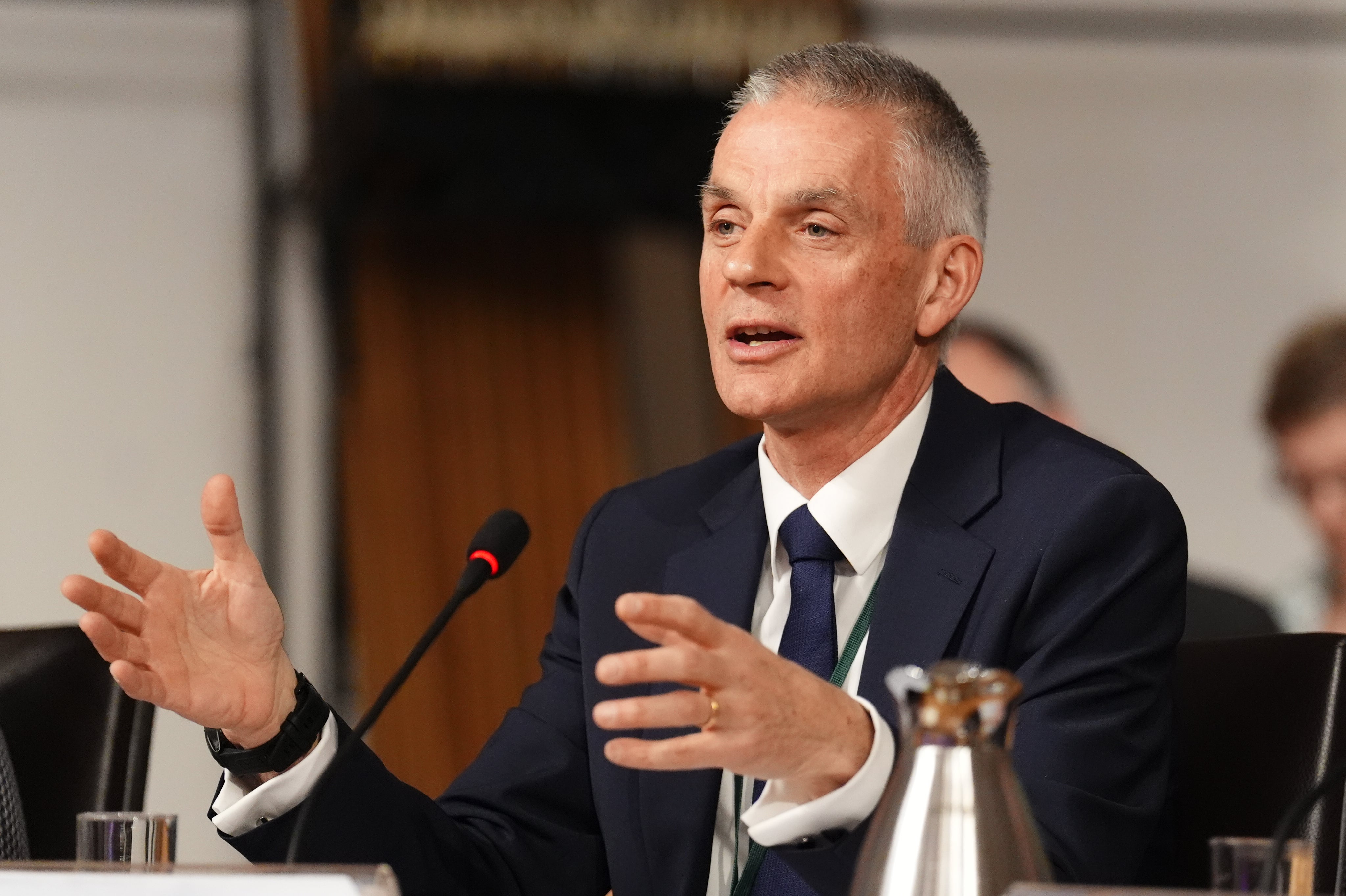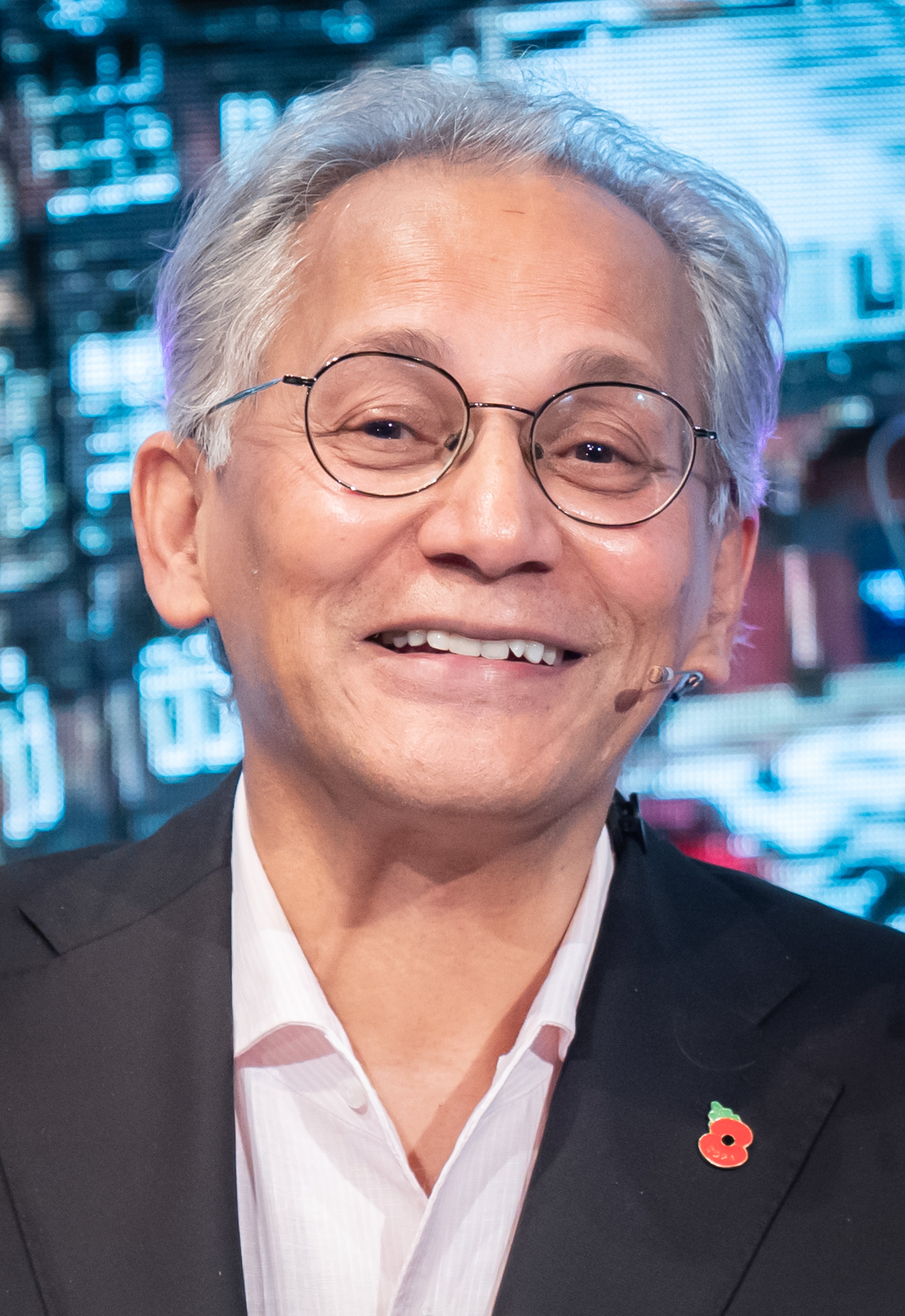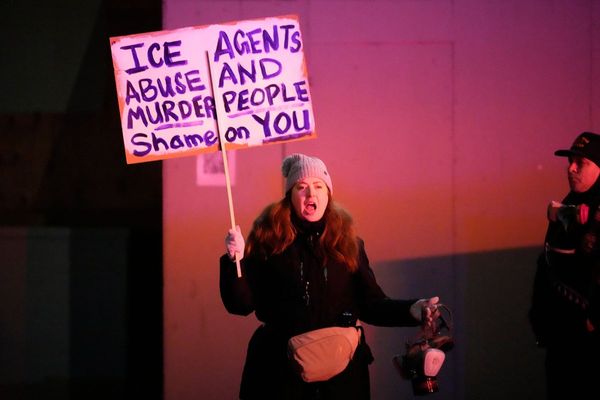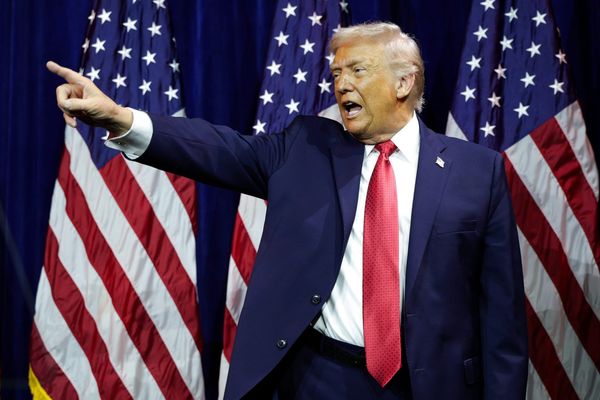Tim Davie announced he will step down as director-general of the BBC after five years in the role.
The director-general said that he had to “take ultimate responsibility” after a newspaper report earlier in the week accused the corporation of selectively editing a speech by Donald Trump on the day of the US Capitol attack.
However, his departure will not be immediate to ensure an “orderly transition” over the coming months as his replacement is appointed.
Leading a global workforce, the director-general is the BBC’s editorial, operational and creative leader and is responsible for its services across television, radio and online.
Mr Davie’s successor will be appointed by the BBC Board, which ensures the corporation delivers its mission and public purposes.

The board is led by BBC chairman Samir Shah and consists of 10 non-executive members, including Mr Shah, and four executive members.
Four of the non-executive members are appointed as members for each of the UK nations.
In 2020, when Mr Davie was appointed, the BBC Board’s nominations committee led the process for who would get the role.

The director-general’s appointment is made under the terms of the BBC’s Charter, which is drawn up by the government and sets out the terms and purposes for the corporation’s existence.
The charter usually lasts for around a decade, with the current one ending on December 31 2027.
Mr Davie is the 17th director-general at the BBC and his predecessors include Lord Tony Hall, George Entwistle, who left the corporation in the wake of the Jimmy Savile sex abuse scandal, and Sir Mark Thompson, who served as chief executive at the New York Times after leaving the broadcaster.







